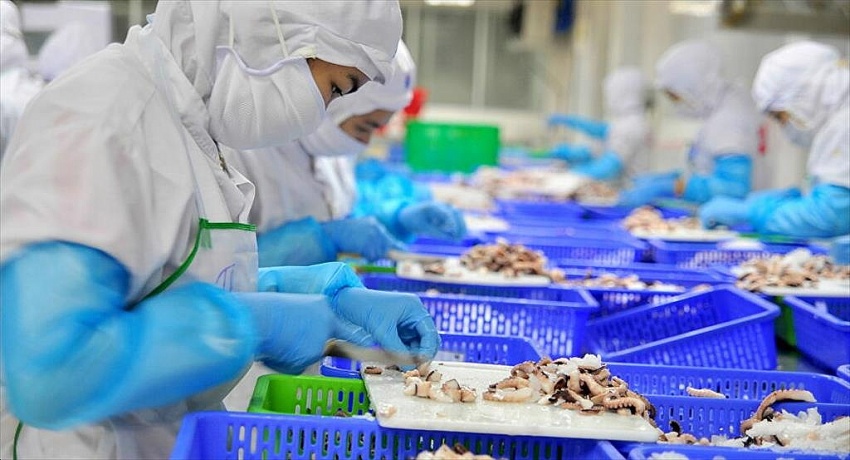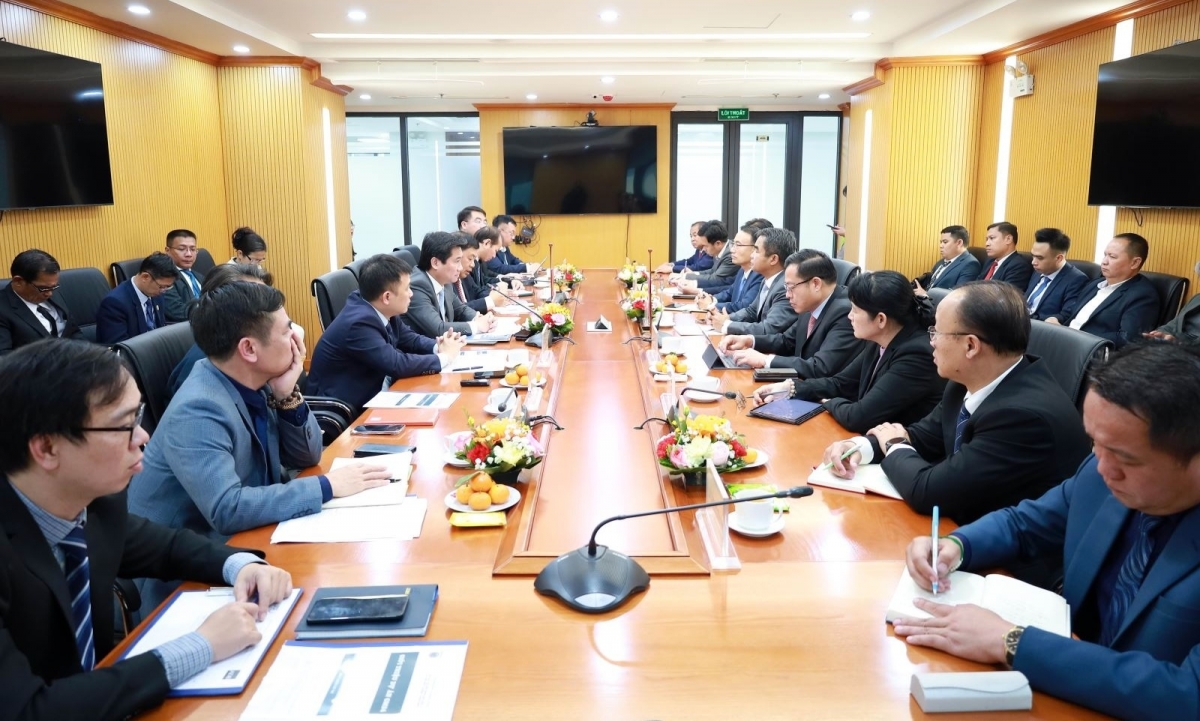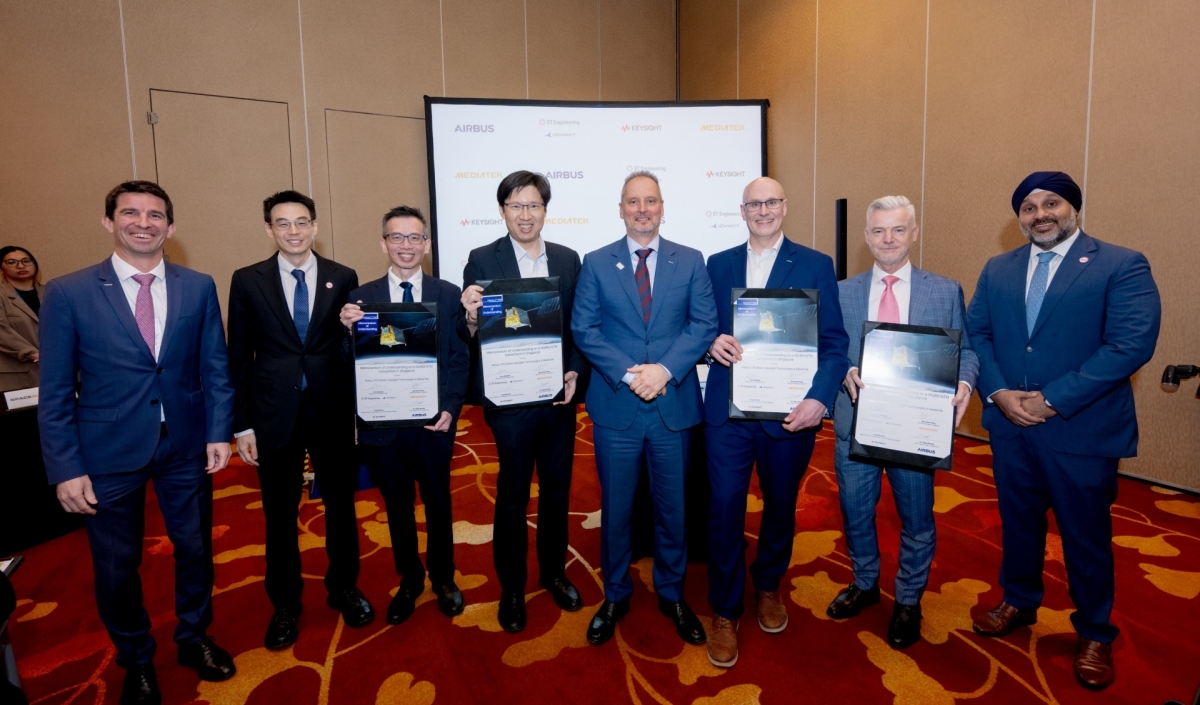INTERNATIONAL INVESTMENT
AND PORTAL
Minister of Agriculture and Environment Do Duc Duy is leading a delegation of nearly 50 Vietnamese agencies, businesses, and industry associations to the United States from June 1 to 7.
 Vietnam and the United States are both strong agricultural nations, but their strengths are complementary rather than directly competitive
Vietnam and the United States are both strong agricultural nations, but their strengths are complementary rather than directly competitive
The visit aims to explore trade promotion opportunities and assess the potential for increasing imports of American agricultural, forestry, and fishery products.
This business-focused delegation reflects Vietnam’s strong commitment to building a resilient supply chain and enhancing the Comprehensive Strategic Partnership between the two nations as they celebrate 30 years of diplomatic relations.
Speaking during the trip, Minister Duy emphasised the complementary nature of the two agricultural economies. “Vietnam and the US both possess strengths in agriculture but do not compete directly. The most important thing is to tighten our cooperation through joint supply chains, improving competitiveness and benefiting producers and consumers in both markets,” he said.
Vietnamese agribusinesses are actively supporting this policy direction, increasing imports of American goods such as corn by-products, soybeans, meat, dairy, wood materials, and livestock equipment. These efforts are helping to balance bilateral trade and reinforcing Vietnam's role in global food security.
Meanwhile, US consumers have shown increasing interest in Vietnamese agricultural exports such as spices, fruit, seafood, and wooden furniture. The rising demand on both sides has provided fertile ground for mutual collaboration.
However, the outlook is being challenged by recent US trade policy developments. According to Dr. Nguyen Do Anh Tuan, director general of the International Cooperation Department under the Ministry of Agriculture and Environment, the Trump administration’s announcement of a 10 per cent tariff effective from April 2, along with the potential imposition of retaliatory tariffs of up to 46 per cent starting July 9, has raised serious concerns.
“These tariffs could erode profit margins and reduce competitiveness for businesses on both sides. More worryingly, such steep retaliatory measures risk disrupting the agricultural supply chains that both governments and industries have worked hard to establish,” Tuan warned.
He also noted that any price hike in essential agricultural products could negatively affect low-income American consumers. In response, Vietnam is stepping up efforts to engage US partners at all levels, from federal and state governments to industry associations and private enterprises.
At the governmental level, several bilateral agreements have been signed to facilitate market access and technical cooperation. Since 2020, 18 MoUs have been concluded between Vietnamese enterprises and US exporters of agricultural products, amounting to $6 billion, half of which has already been executed.
“These engagements are more than commercial deals,” Tuan explained. “Each dialogue with industry associations is an opportunity to clarify technical requirements, update standards, and propose harmonised regulations between the two markets.”
Vietnam has also made regulatory reforms to facilitate market access for US producers. To date, it has completed registration procedures for 509 American meat and meat product companies and 232 seafood exporters. It is also one of the first eight Asian countries to approve genetically engineered crops from the US, having granted 61 approvals so far.
In a significant boost to bilateral trade, a decree issued on March 31 reduces tariffs on key US agricultural and forestry exports to zero. Two-way trade in agri-forestry-fisheries has steadily grown at an average rate of 10 per cent annually over the past decade.
Vietnam and the US have also reached consensus on procedures for animal and plant quarantine and food safety inspections, streamlining market access in a transparent and efficient manner.
As global trade dynamics evolve and supply chains are increasingly restructured, the Vietnam–US agricultural partnership stands out as a model of mutual benefit and forward-looking cooperation. With ongoing engagement and policy alignment, both nations are well-positioned to enhance competitiveness and sustainability across the board.
By Nguyen Thu



















